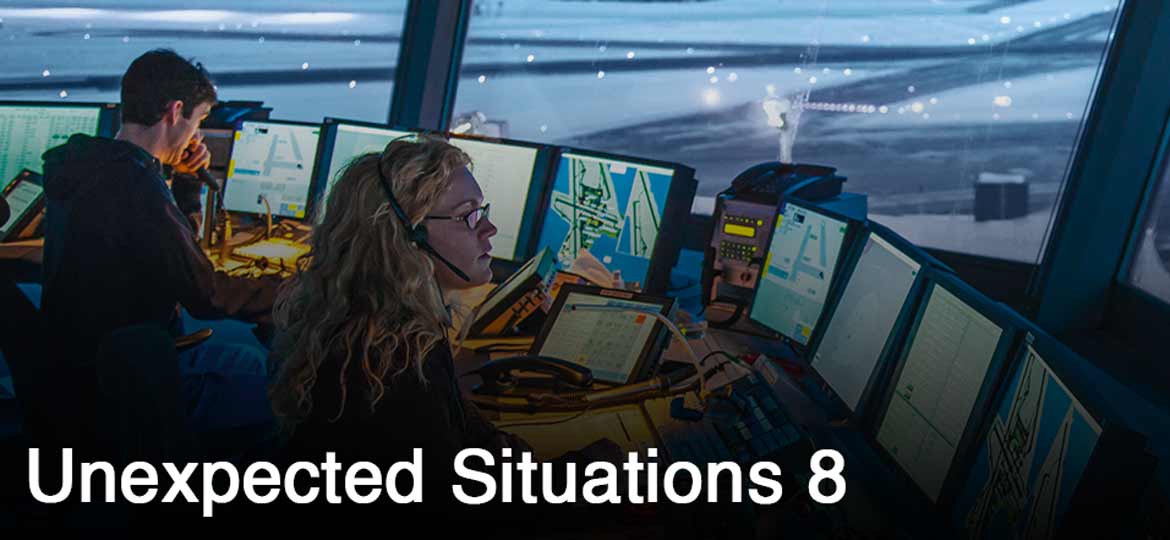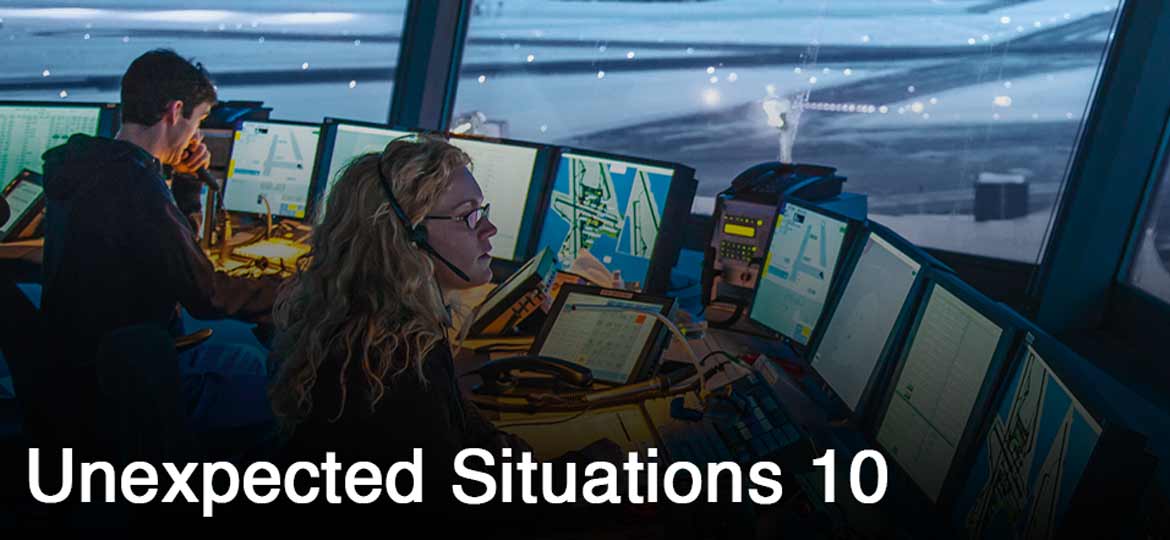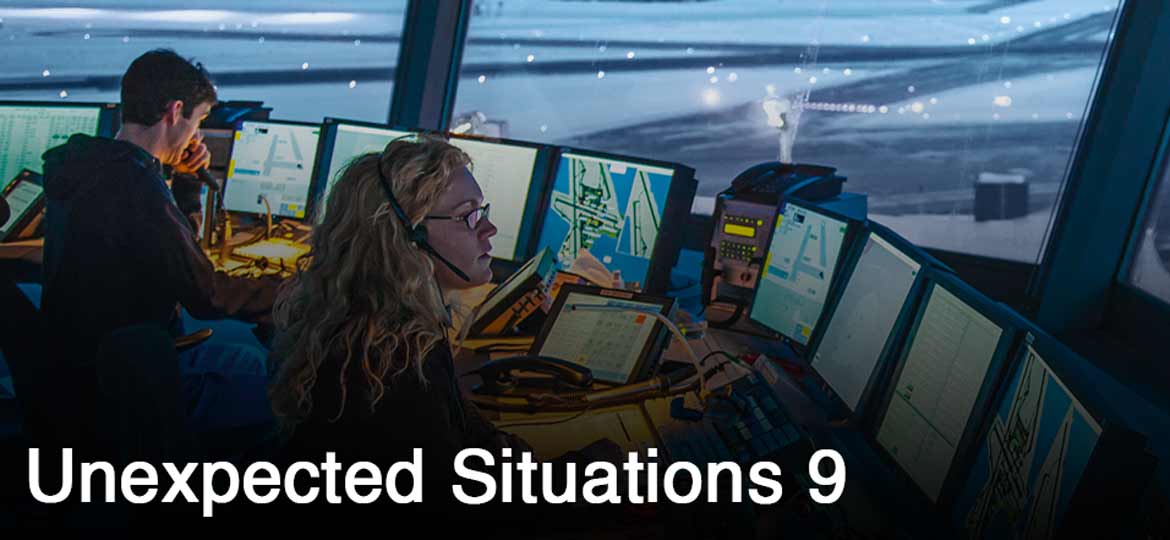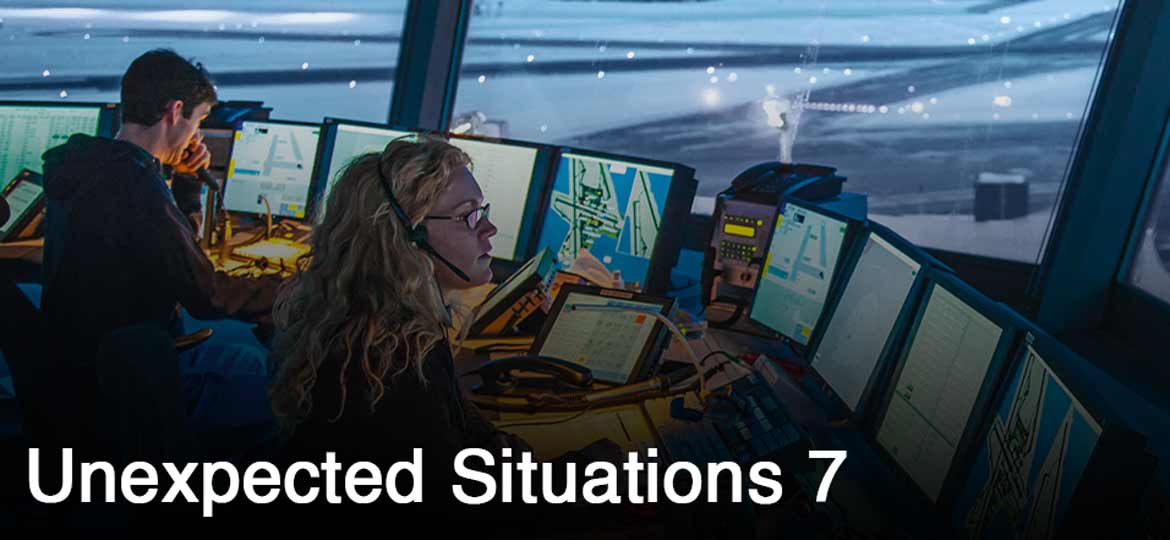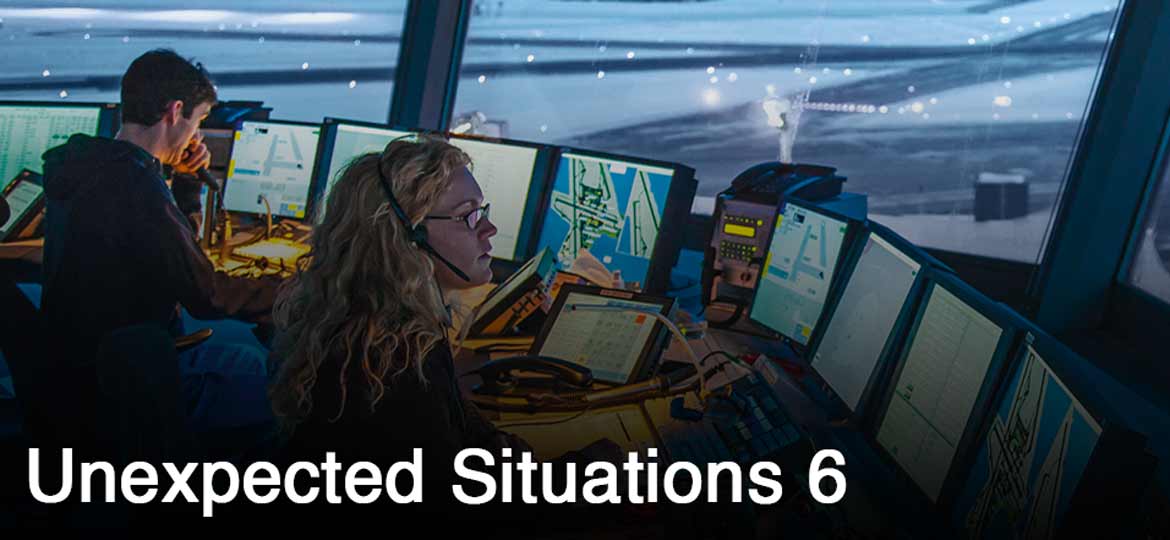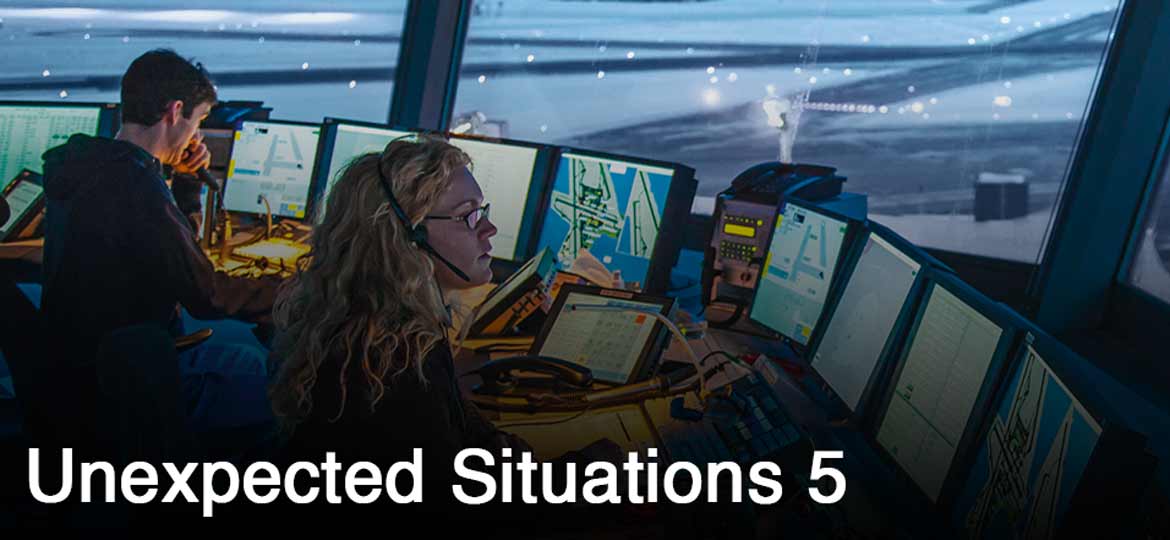You will listen to three different communications between pilots and air traffic Controllers. The recordings will be played twice. there is a five-second pause before the recording is repeated. After listening to the recording, you should tell everything that the pilot and the controller said.
Situation 1
Pilot
ATC
Now tell me, in your own words, everything that the pilot and the controller said.
Suggested Answer
What problems a dangerous goods cause on board?
Suggested Answer
Situation 2
Pilot
ATC
Now tell me, in your own words, everything that the pilot and the controller said.
Suggested Answer
What are the outcomes of electrical fire in the cockpit?
Suggested Answer
Situation 3
Pilot
ATC
Now tell me, in your own words, everything that the pilot and the controller said.
Suggested Answer
What are the causes of explosive depressurization?
Suggested Answer
Now, considering the three situations you have heard in part three:
How would you compare them? You may want to compare them in terms of severity, possible solutions and ways of prevention. Which one do you think is the most difficult to deal with? Why?
Suggested Comparison Answer
To begin with, the easiest situation to deal with, is about dangerous goods on board carried by passengers.
In this situation, despite dangerous goods can be a big threat on board and it can put in risk everybody on board, they are still on the ground and the pilots can request the necessary support to help them.
Besides that, a delay may happen but the flight will continue after offloading the goods.
To avoid this situation, I recommend the airport to provide more X-ray machines, metal detectors and security staff to provide more efficient inspections before boarding.
In terms of severity, situations number two and three look to be the same to me, because they are both emergency and represent a big threat to the flight and as well as to the people on board.
In the case of electrical fire in the cockpit and compromised navigation system, pilots have to take immediate actions and start an emergency descent to land for assistance. Besides all the problems, smoke on board can make the things worse while they don’t reach the airport. In order to avoid it, the best thing to be done is regular preventive maintenance provided by the airline.
And finally, in case of explosive depressurization, immediate actions and immediate descent are necessary too, as the crew members and passengers may be injured and may be suffering hypoxia.
To avoid it, airlines should replace the fleet regularly and provide preventive maintenance.
Se você gostou desse post do Call to Fly, divulgue utilizando os canais de Mídia!!
Abraço!! Rumo ao topo!
Leandro Araujo
